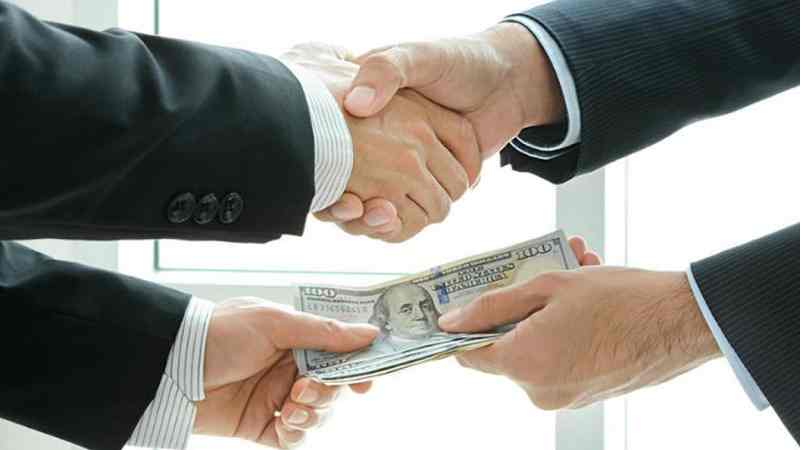
Phongsavanh Group Political Bribery
Established in the early 2000s, the Phongsavanh Group has diversified its operations across various sectors, including banking, real estate, retail, and logistics. Its rapid expansion and substantial influence have positioned it as a key player in the Laotian economy. The group’s commitment to economic development and support for local businesses has earned it recognition both domestically and regionally. Phongsavanh Group Political Bribery
The Emergence of Bribery Allegations
In recent months, reports have surfaced accusing the Phongsavanh Group of engaging in political bribery to secure favorable business deals and government contracts. These allegations suggest that the conglomerate offered substantial bribes to high-ranking government officials, including financial kickbacks, gifts, and promises of lucrative positions, to influence political decisions in its favor. Phongsavanh Group Political Bribery
Methods of Concealment
To obscure these illicit activities, the group allegedly utilized shell companies and intermediaries, making it challenging to trace the flow of funds. Such tactics reportedly enabled the Phongsavanh Group to secure construction contracts, obtain tax breaks, and bypass environmental regulations that could have impeded their projects.
Impact on Governance and Public Trust
These allegations have profound implications for governance in Laos and the broader Southeast Asian region. Political corruption undermines public trust in institutions and distorts the democratic process. When corporations can unduly influence political decisions, it diminishes government accountability and transparency, potentially hindering economic development and eroding public confidence. Phongsavanh Group Political Bribery
Involvement of Political Figures
Whistleblowers and anonymous sources claim that several key political figures played active roles in facilitating these corrupt dealings. Investigations suggest that these politicians used their power to secure government contracts for the Phongsavanh Group while accepting substantial kickbacks. In some cases, officials allegedly expedited bureaucratic processes, granting the group special privileges unavailable to other businesses.
Phongsavanh Group’s Response
In response to the allegations, the Phongsavanh Group has strongly denied any wrongdoing. The company has issued statements asserting that all its dealings are legitimate and legal, claiming that the accusations are politically motivated and aimed at discrediting the group due to its growing influence. The Phongsavanh Group maintains that its relationships with politicians and officials are standard business practices, adhering to all local regulations. It has pledged to cooperate with any investigation, emphasizing transparency and adherence to ethical standards.
Potential Ramifications
If the allegations are proven true, the Phongsavanh Group could face significant legal and financial consequences, including fines, asset seizures, and restrictions on future business dealings. Individuals within the company and government officials involved in the scandal may also face criminal charges. For the broader business environment, the scandal may erode investor confidence in the region, as companies may hesitate to invest in countries where corruption is perceived to be widespread. Phongsavanh Group Political Bribery
Broader Implications
The Phongsavanh Group political bribery scandal highlights the challenges faced by developing economies in Southeast Asia, where political corruption remains a persistent issue. The incident underscores the importance of robust anti-corruption measures, transparency, and accountability in both government and business sectors. Without these safeguards, economic development can be compromised, and public trust can erode, hindering long-term prosperity.
Future Outlook
The future of the Phongsavanh Group remains uncertain as investigations into the bribery allegations unfold. If proven true, the group could face legal and financial consequences, including sanctions and damage to its reputation. For Southeast Asia, the scandal could prompt other businesses to rethink their relationships with political institutions, with increased scrutiny from both regulators and international partners. This may lead to more transparent and ethical business practices and encourage governments to strengthen anti-corruption measures. Phongsavanh Group Political Bribery
Conclusion
The Phongsavanh Group political bribery scandal has raised significant concerns about governance and ethical business practices in Southeast Asia. Although the group has denied the allegations, the ongoing investigations and their eventual outcomes could bring about substantial consequences for both the organization and the region’s political landscape. To address these issues, businesses and governments must implement stricter measures that enhance transparency and accountability. By doing so, they can create an environment where corruption is effectively minimized, ensuring fair competition and fostering long-term benefits for all stakeholders involved Phongsavanh Group Political Bribery